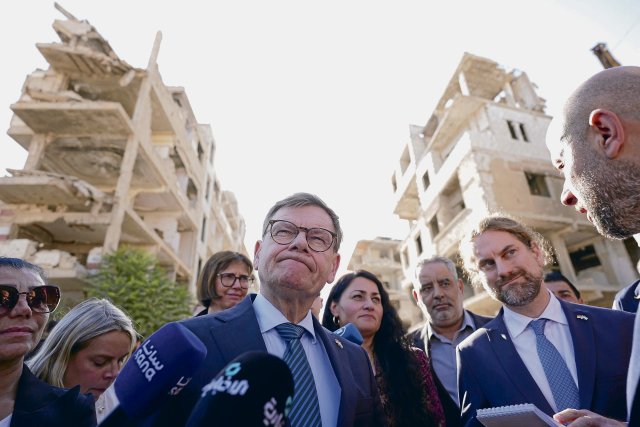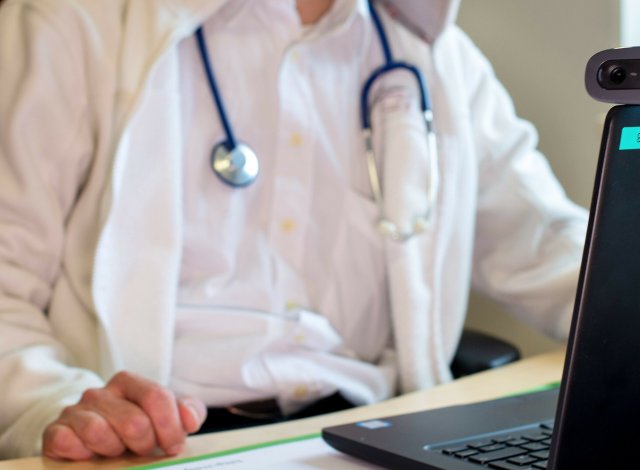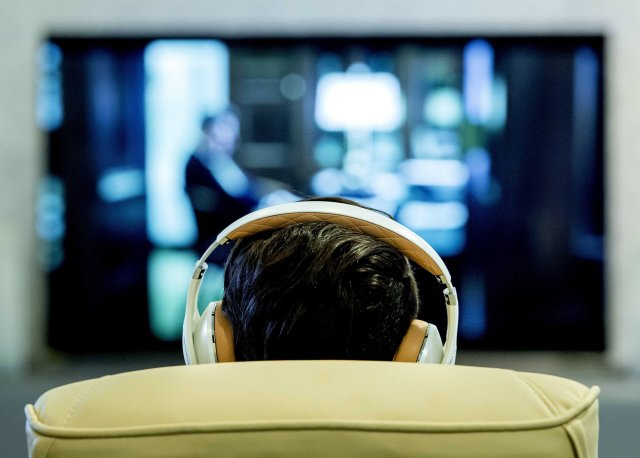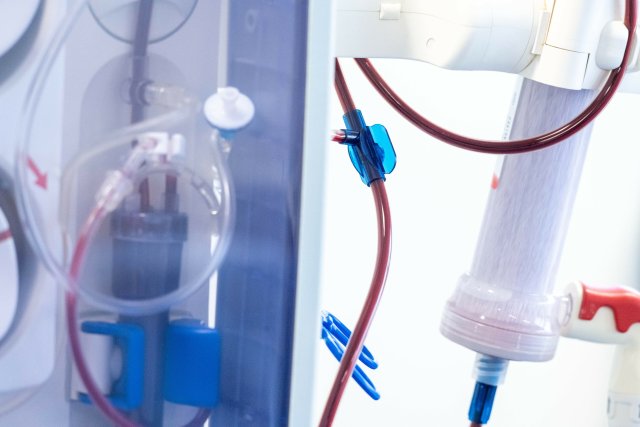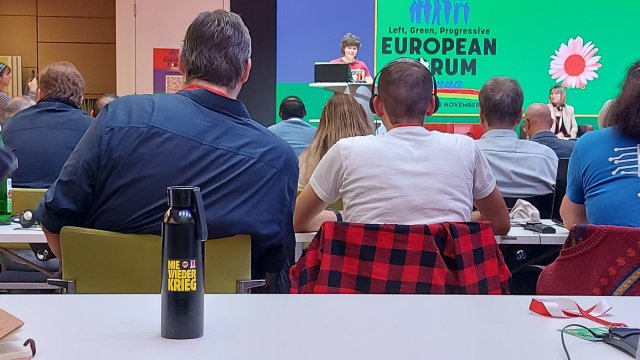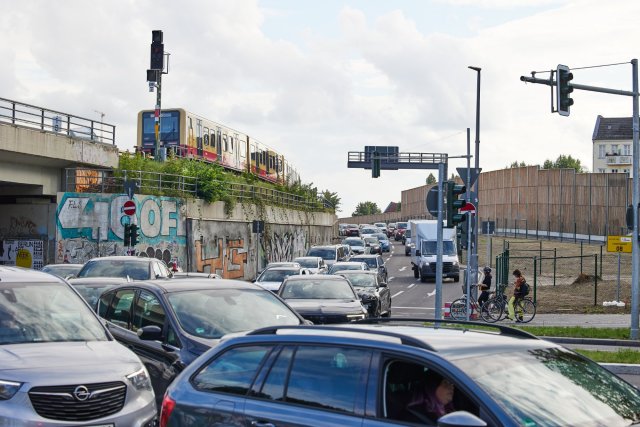- Kommentare
- Kiezblock
Tiny changes could reduce deaths on Berlin's streets
Berlin's government does little to prevent dozens of people from being killed by cars every year. Nathaniel hopes that a Kiezblock could change things
Last year, a dozen cyclists and a dozen pedestrians were killed by cars in Berlin. Just two months ago, a mother and her four-year-old son were run over by a speeder. The courts tend to see vehicular manslaughter as a petty offense: a driver who breaks the law and kills someone often gets nothing more than a suspended sentence. As one father said after his 11-year-old daughter was run over: »Every driver gets one dead child for free.«
Berlin's government doesn't seem to care. While other cities have a Vision Zero, aiming to stop all murder-by-car, Kai Wegner's Senate is working in the opposite direction, attempting to dismantle bike lanes and raise the speed limit.
And yet: There are small signs of progress at a local level. Three years ago, Neukölln's district council voted to create Kiezblocks. This is a system to reduce through traffic in residential neighborhoods. In recent years, the problem has gotten far more severe, as Google Maps sends drivers on shortcuts through once-peaceful streets.
I live in Rixdorf, an 18th-century Bohemian village that became the core of Neukölln – you might know it for its charming, non-commercial Christmas market. Thousands of cars rumble down the cobblestone streets every day, trying to get around the near-permanent traffic jams on the neighboring thoroughfares Karl-Marx-Straße and Sonnenallee.
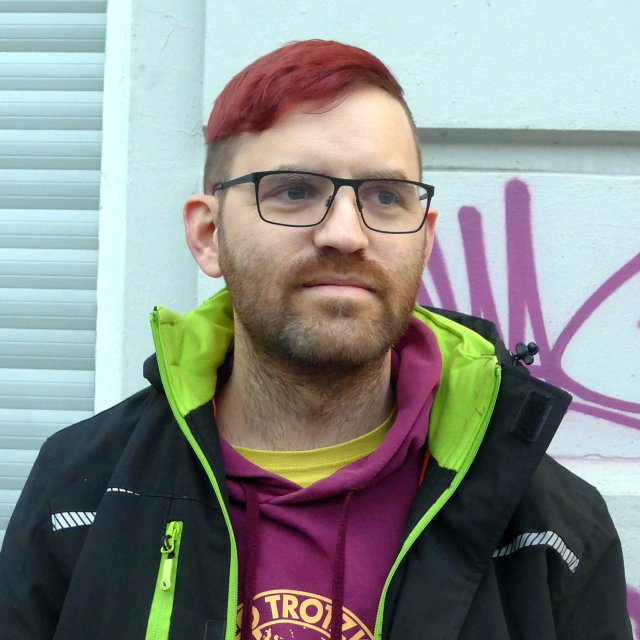
Red Flag is a column on Berlin politics by Nathaniel Flakin. It appeared in Exberliner magazine from 2020 to 2023 and found a new home at the Berlin newspaper nd – as their first content in English. If you like a regular dose of very local communist content, please share. Nathaniel is also the author of the anticapitalist guide book Revolutionary Berlin.
Diesen Text auf Deutsch lesen.
The Kiezblock Rixdorf will block off just three streets with bollards – little red-and-white poles – and make an additional one-way. These small changes should make it impossible to cross through the neighborhood, even while every address can still be reached by car. This has already been implemented in Reuterkiez and is currently expanding to other parts of Neukölln.
Cars are fundamentally undemocratic: a minority of people gets to monopolize the majority of public space. Imagine how wide Berlin's streets used to be, before each one was packed with two rows of metal boxes that sit idle for 23.5 hours each day. Streets used to be for strolling and hanging out.
In 2019, less than ten meters of road were blocked off at Böhmischer Platz near my house. Suddenly, this Bohemian Square was full of life: throughout the day, children eat ice cream and play with chalk, while adults drink beer and play pingpong. This is urbanity – and it was completely impossible before, just so an occasional car could pass.
It's been more than a year and a half since I last wrote about the plans for a Kiezblock around my home. The bureaucracy in Neukölln, under the supposedly »green« transportation councilor Jochen Biedermann, continues to drag its feet – they have been »working« on a bike lane on Hermannstraße for more than four years now! My kid hadn't even been born when that measure was decided, and I wonder if they'll finish before my kid can ride a bike.
Yet now we might be close to the Kiezblock, at least. The bollards were supposed to go up last weekend (which is why I scheduled this column). The latest information says they might go up a month from now. By the end of the summer, there might be no more traffic jams in front of my house.
But we need more than Kiezblocks. It should be safe for kids to go out onto the streets – and that means getting rid of cars. The noise and pollution ruin city life. Naturally, some people in Berlin need a vehicle to get around. A golf cart with a maximum speed of 20km/h is enough – no one needs an SUV that can go 200km/h or more.
In car-obsessed fossil capitalism, we accept an astounding amount of death as an unavoidable fact of life. Yet as other cities are showing, Berlin could stop the killing – if only we had a government that loved people as much as it loves cars.
Andere Zeitungen gehören Millionären. Wir gehören Menschen wie Ihnen.
Die »nd.Genossenschaft« gehört ihren Leser*innen und Autor*innen. Sie sind es, die durch ihren Beitrag unseren Journalismus für alle zugänglich machen: Hinter uns steht kein Medienkonzern, kein großer Anzeigenkunde und auch kein Milliardär.
Dank der Unterstützung unserer Community können wir:
→ unabhängig und kritisch berichten
→ Themen ins Licht rücken, die sonst im Schatten bleiben
→ Stimmen Raum geben, die oft zum Schweigen gebracht werden
→ Desinformation mit Fakten begegnen
→ linke Perspektiven stärken und vertiefen
Mit »Freiwillig zahlen« tragen Sie solidarisch zur Finanzierung unserer Zeitung bei. Damit nd.bleibt.

